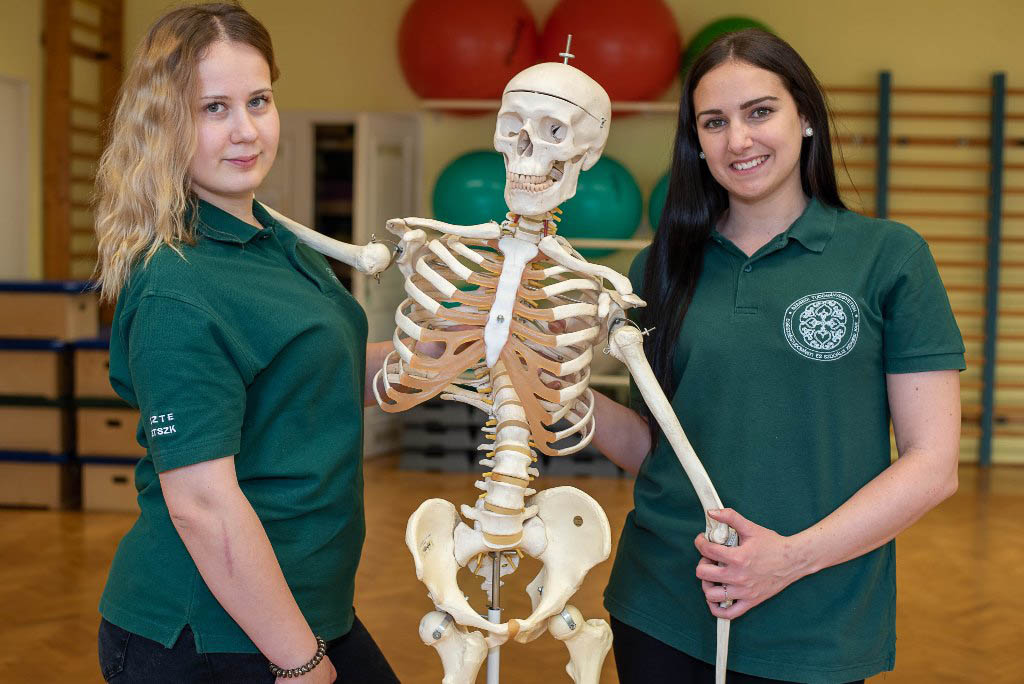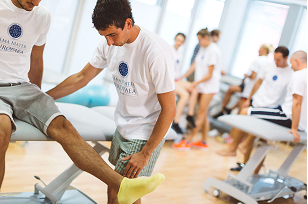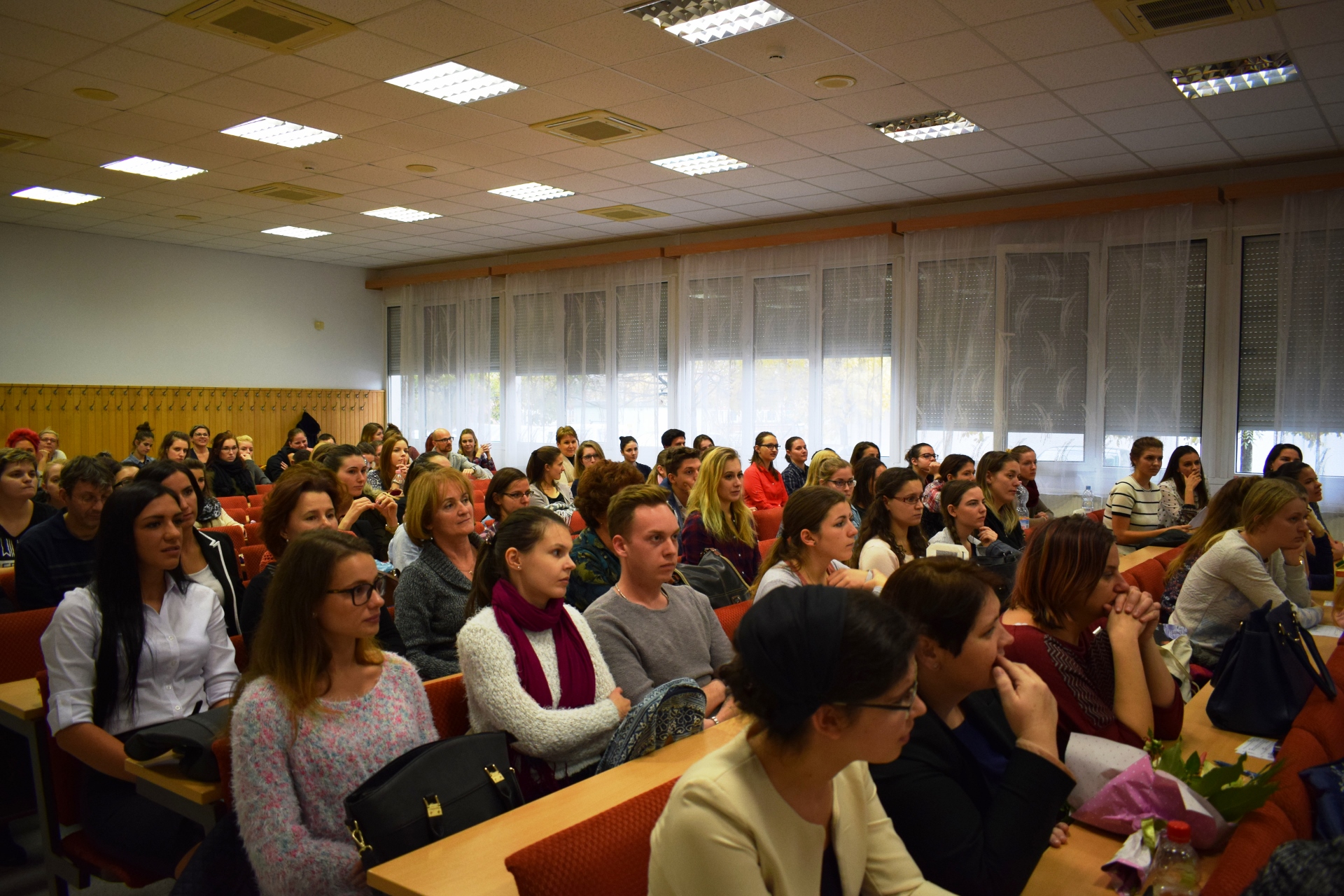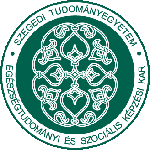How fast and to what extent the mobility can be regained after an illness, a surgery or a paralysis does not only depend on the doctors. If there is a well-trained physiotherapist next to the patient, he or she will recover sooner, or with the help of the physiotherapist even a surgical intervention can be avoided. The physiotherapist achieves the sufficient effect among other things with moving, movement, massage, electro therapy. Also those who suffer from osteoporosis and myelopathy can expect help. The specializations of the physiotherapist are the correction of postural defects, the post-treatment of the fractures as well. The physiotherapist gives advices to the patients for everyday life, and he or she teaches the healthy people how to prevent certain problems.

- What do we provide you during the training? -
Phyiotherapy is a very popular and highly sought-after profession worldwide. Physiotherapists can work in prevention, health care and rehabilitation fields.
The program is based on 7+1 semesters: 1-4 semesters beside others consist of basic subjects, professional theory and practice. 5-7 semesters include applied clinical physiotherapy knowledge and the last semester consists of different supervised clinical placements for developing professional skills. Being a practice-oriented profession the practical courses take place in small groups. During the study time students have the opportunity to get acquainted with special complex therapeutic methods.
Level of the programme: Bachelor
Duration of the programme: 8 semesters
Registered in: EU
Credits: 240
The program is intended for students who plan to pursue a Bachelor of Health Sciences in Physiotherapy in English by completing this four year long course.
Start of the programme: September of each year
Tuition fee: 3300.- EUR / semester
Other fees: application fee + entrance exam fee: 300.- EUR
Submitted online application; Secondary school certificate, proficiency in English demonstrated at the entrance examination or proved with a language examination certificate (B2 level or equivalent TOEIC, TOEFL IBT, TOEFL PBT, TOEFL CBT, IELTS).
A written entrance examination and a motivational conversation.
For further information please click on this link: http://www.med.u-szeged.hu/fs/entrance-examination
We look for applicants who are interested in natural and social sciences, would like to cure with movement therapy, can easily connect with others, like moving , taking exercises, doing sports, would like to take part in curing and it makes them happy to help others.

The physiotherapist uses the natural energies to cure. For example electric, chemical mechanical energy or light and sound energy. The physiotherapist applies electrotherapy, ultrasound therapy, different massage treatments, hydrotherapy and many variants of movement therapy using these energies in prevention, curing, and rehabilitation
The work of a physiotherapist is not just about treatments. Before the therapy there is always a detailed patient examination. The physiotherapist assesses the patient’s functional status, maps background of the causes of the functional problems, deformations. The physiotherapist reviews the results of the other medical, laboratory, radiology and imaging procedure examinations and in the knowledge of these (results) plans and applies the physiotherapy treatments. The physiotherapist works independently, but in a team where – in a narrower sense – she or he collaborates with professionals who work in healthcare, and – in a wider sense( the physiotherapist has to cooperate with ) with the representatives of other, non-healthcare professions.

You learn life science foundational subjects in the first year, such as Anatomy and Physiology, Microbiology, Medical Latin. You can learn later Pharmacology, Internal Medicine, Neurology, Rheumatology, (it is a clinical field that deals with deformations of organs of locomotion, later with these deformations’ limitation of motion and transformation), Traumatology (accident surgery), and Rehabilitation.
In addition to all these you also learn Physiotherapy– which contrary to popular beliefs means not only electrotherapy but also for example movement in water, physical exercises and other treatments. In the Manual Mobilization Techniques lessons you can learn where to put your hand, how to grab the patient, what to do during a manual therapy (treatment of joint movement restrictions developing in case of injuries, inflammations, attrition deformations). Here not only your brain should work well, but also your hand. Therefore beyond the theoretical knowledge you learn the exact and professional practical implementation of the treatments.
During the training program – among many others- you can gain insight into the international methods of physiotherapy as well. When you study it is important not only what to learn, but also how to learn. Learning how to learn course will help you to acquire the professional learning techniques, and to get over the examinations more easily. In order to do your job as good as possible, such subjects will help you where you can learn how to communicate with a patient and how to cooperate with the other members of the medical team.
Graduates are welcome in hospitals, clinics, old people’s home, surgeries, and homecare services, in health tourism, wellness and fitness centres, spas. Or further higher education in English is possible at Physiotherapy MSc programs in other Hungarian universities, then at PhD programs in the University of Szeged. Graduates can also acquire further specialized knowledge in Physiotherapy at international courses and conferences.

